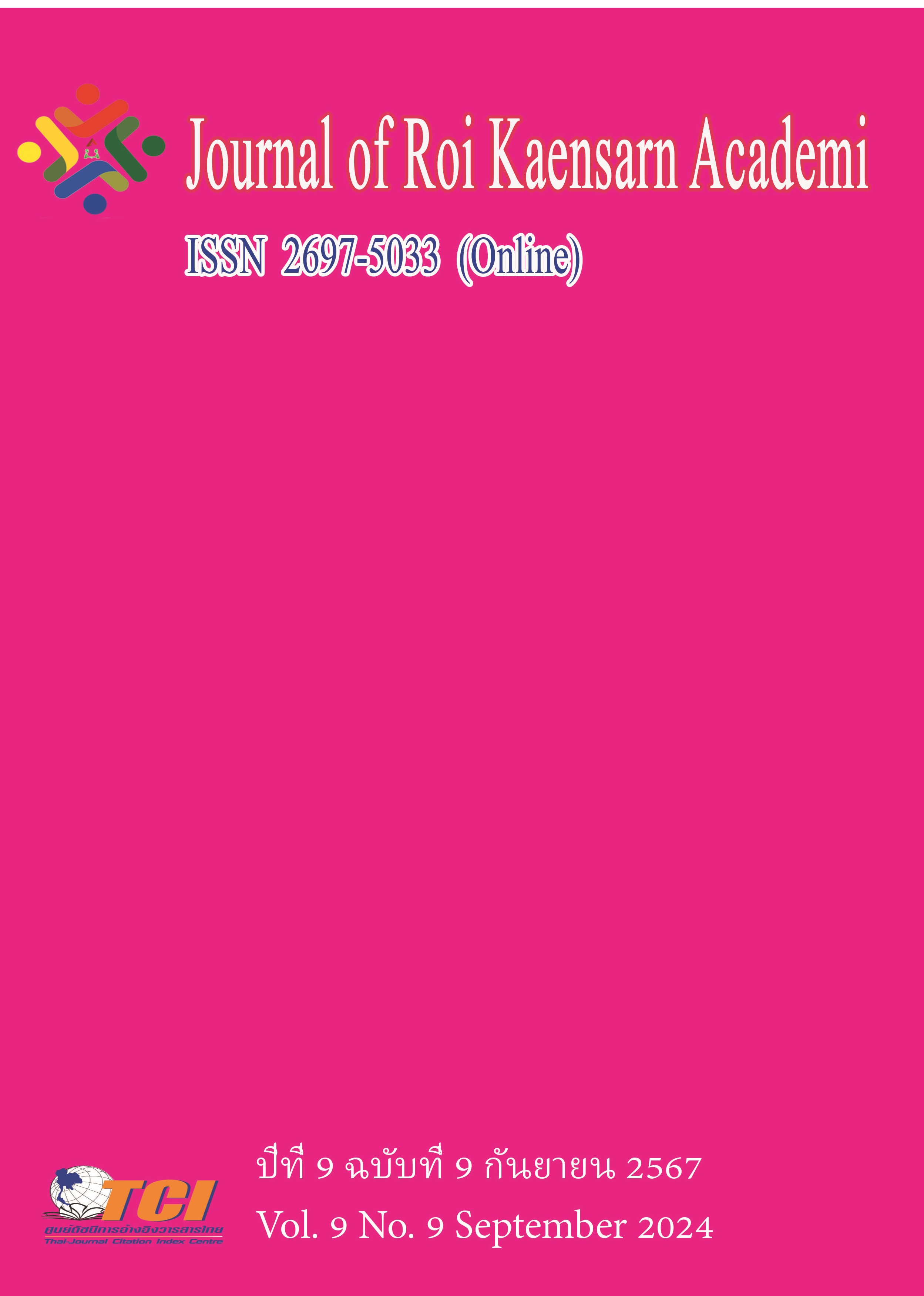A Study Of Judo Sports Teaching And Learning Problems In Elective Subjects For University Hebei Province
Main Article Content
บทคัดย่อ
The purposes of this research was to: A Study of judo sports teaching and learning problems in elective subjects in university Hebei province. The samples were selected from 4 general colleges and universities in Hebei Province using 29 judo teachers and 800 judo elective students by simple random sampling. The research instrument used was a 2 questionnaire with a reliability at 0.81and 0.92 respectively. The statistical tools used for data analysis were mean and standard deviation.
The results indicate that:
1) Teachers research findings: The position of teacher may meet the needs of teaching, however due to inconsistencies in concentration, teaching locations and facilities need to be improved further. There needs to be more specialized judo teaching materials. The preparation of lesson plans meets the national requirements, but the class time does not meet the national requirements.
2) Student research findings: The students of judo elective subjects have a reasonable degree of fondness and learning effect, contributing to judo benign development. However, the students think that due to the judo sports teaching hours are small, the teaching method is outdated, the teaching assessment and evaluation of the main factors affecting the interest in learning, but also the students on the content of the teaching set up and the form of teaching organization is also unsatisfactory.
Article Details
เอกสารอ้างอิง
Guo, X.N. (2020). Integration and development of Judo in college teaching. Farm Staff (10), 280.
Hou, J.P. (2023). The influence of the academic ecology of college PE teachers on campusPE culture. Frontier Economy and Culture, vol (07), 115-118.
Jin, S.J and Yu, J. (2017). Practice and Research on Establishing Judo Clubs in Ordinary Universities.Contemporary Sports Technology, vol (06), 116-117.
Krejcie, R. V., & Morgan, D. W. (1970). Determining sample size for research activities. Educational and Psychological Measurement, 30 (3), 607–610.
Liu, Y, Qian, J.D and Han, C. (2017). Feasibility analysis of offering judo elective courses in public sports at ordinary universities in Xinjiang. Journal of Southwest Normal University (Natural Science Edition), vol (08),147-152.
Sasaki, K, Keno, M, Mori, W.S, Takezawa, R and Hirose, S. (2020). Diversity of motivation for judo practitioners in judo athletes. Research on Martial Arts and Taoism, (1), 11-20.
Sun, J.L. (2023). Discussion on countermeasures to strengthen the stability of PE teachers in private universities. Sports Style, vol (11), 68-70.
Thomas, N.T. and Amelia, M.W. (2015). Seven Student-centered Principles for Smart Teaching in Physical Education. Journal of Physical Education, Recreation Dance, vol (8), 41-47.
Wu, W.G. (2013). Master's degree in the construction of judo elective courses in ordinary universities in Beijing. (Thesis, Beijing Sport University). master degree.
Yang, Q. (2020). On the Innovation and Application of Judo Teaching Methods. Sports Fashion (01), 289
Yang, X.L. (2022). Analysis of the Origin and Development of Judo Culture from the Perspective of East Asian Martial Arts(eds.). Compilation of Papers from the 8th China Sports Doctoral Forum (Special Report) (pp.302-303).
Zhang, W.J. (2011). Research on the status quo and development countermeasures of judo in Chinese universities. Chinese School Physical Education (S1), 38-44.
Zhang, W.J. (2013). Research on Improving the Etiquette Literacy of College Students in Judo Courses. Fighting (Sports Forum)(10), 69-70.
Zhong, C.D. (2020). Reflection on Practical Judo Teaching in Public Security Colleges. Journal of Jiangsu Police Officer College, vol (04), 124-128.

